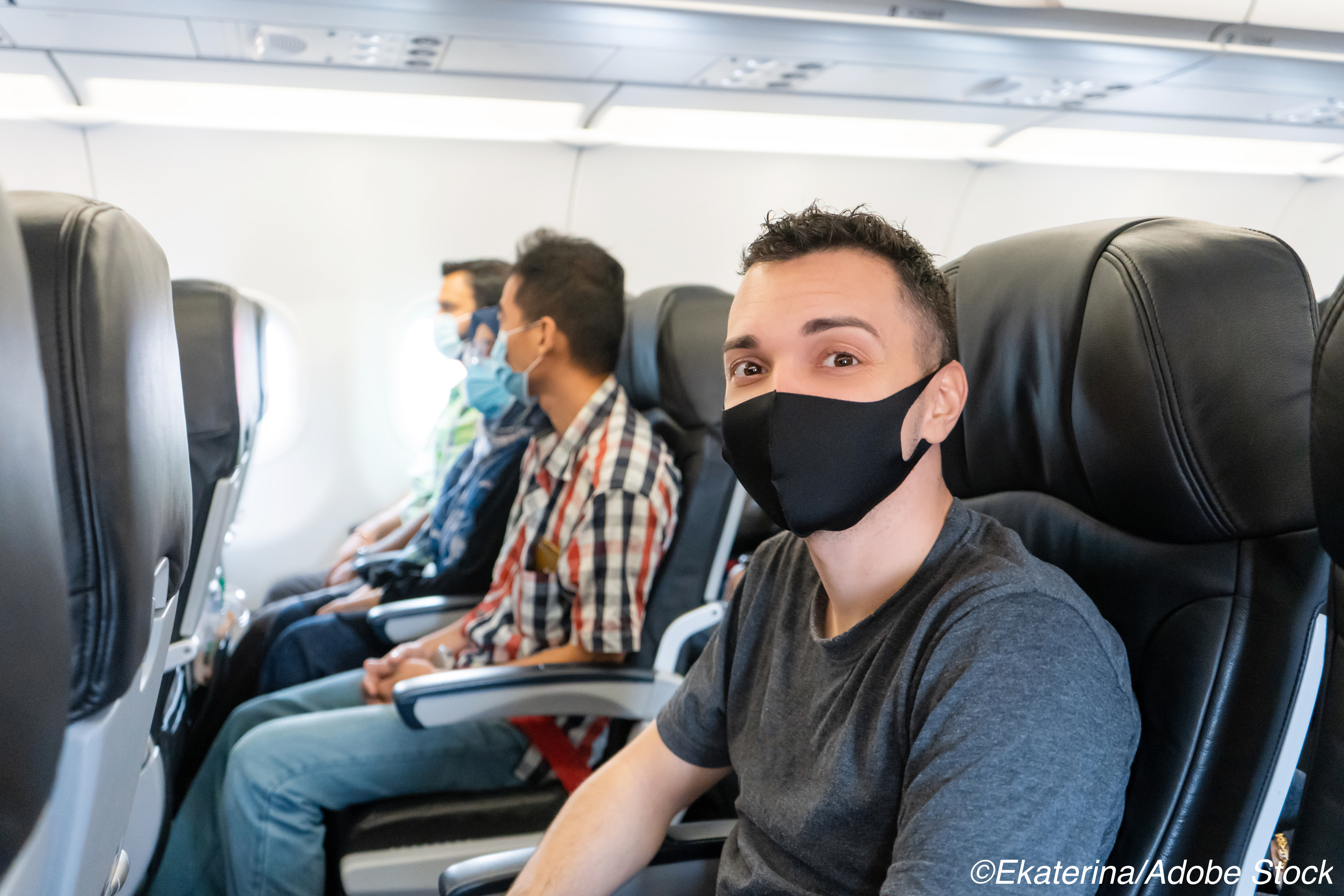
The CDC noted that, in light of the ongoing Covid-19 pandemic and growing understanding of the disease, the United States government “is taking a new approach to help keep international air passengers healthy,” arguing that symptom-based screening has limited efficacy given that those infected with SARS-CoV-2 — the virus that causes Covid-19 — may have no symptoms or fever upon arrival.
“United States Government (USG) resources will instead be dedicated to more effective mitigation efforts that focus on the individual passenger, including: pre-departure, in-flight, and post-arrival health education for passengers; robust illness response at airports; voluntary collection of contact information from passengers using electronic means as proposed by some airlines to avoid long lines, crowding and delays associated with manual data collection; potential testing to reduce the risk of travel-related transmission of the virus that causes Covid-19 and movement of the virus from one location to another; country-specific risk assessments to assist passengers in making informed decisions about travel-related risk; enhancing training and education of partners in the transportation sector and at United States ports of entry to ensure recognition of illness and immediate notification to CDC; and post-arrival passenger recommendations for self-monitoring and precautions to protect others, with enhanced precautions, including staying home to the extent possible for 14 days for people arriving from high-risk destinations,” the agency explained.
The new measures went into effect on Sept. 14.
Candace Hoffmann, Managing Editor, BreakingMED™
Cat ID: 190
Topic ID: 79,190,730,933,190,926,192,927,151,928,925,934

